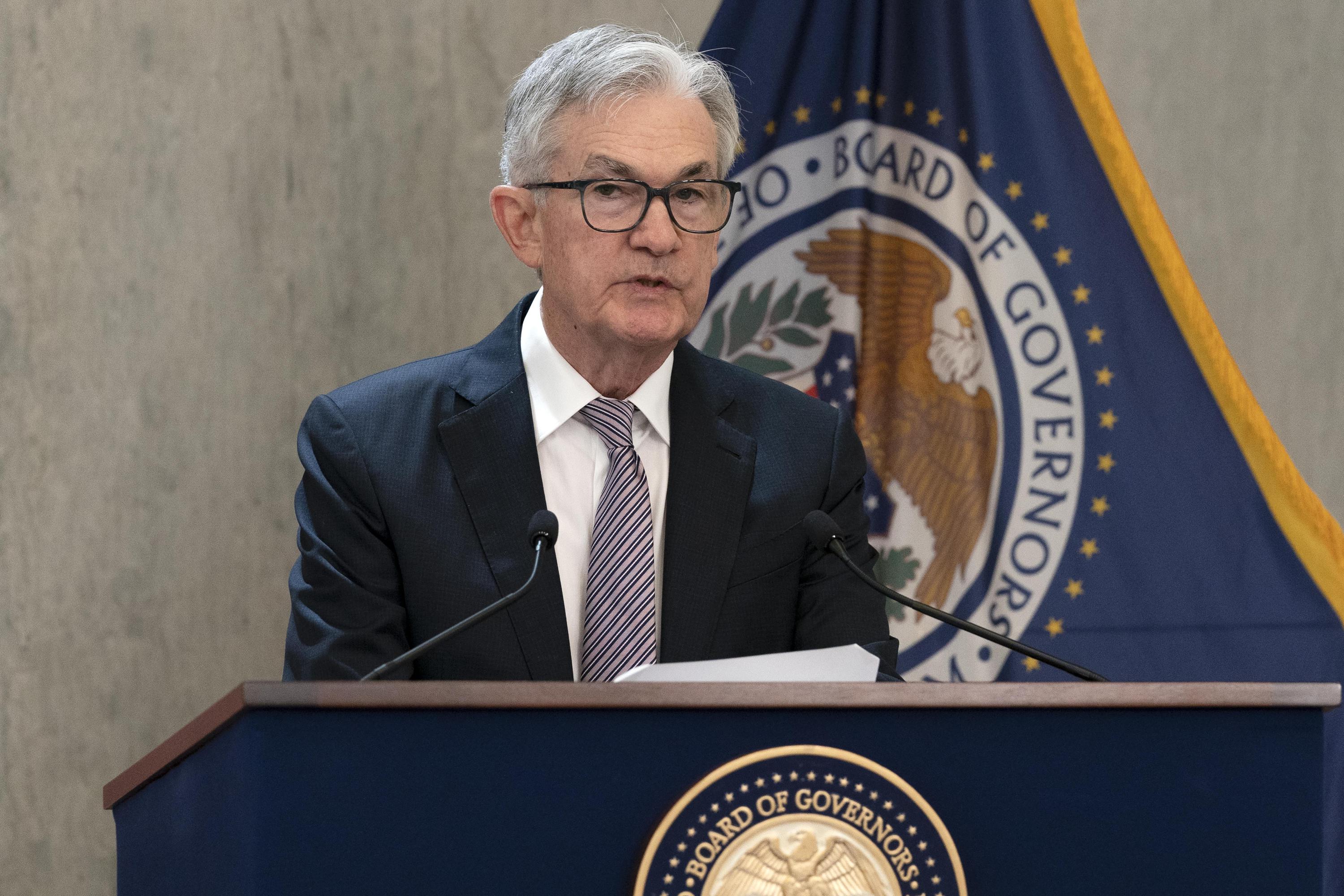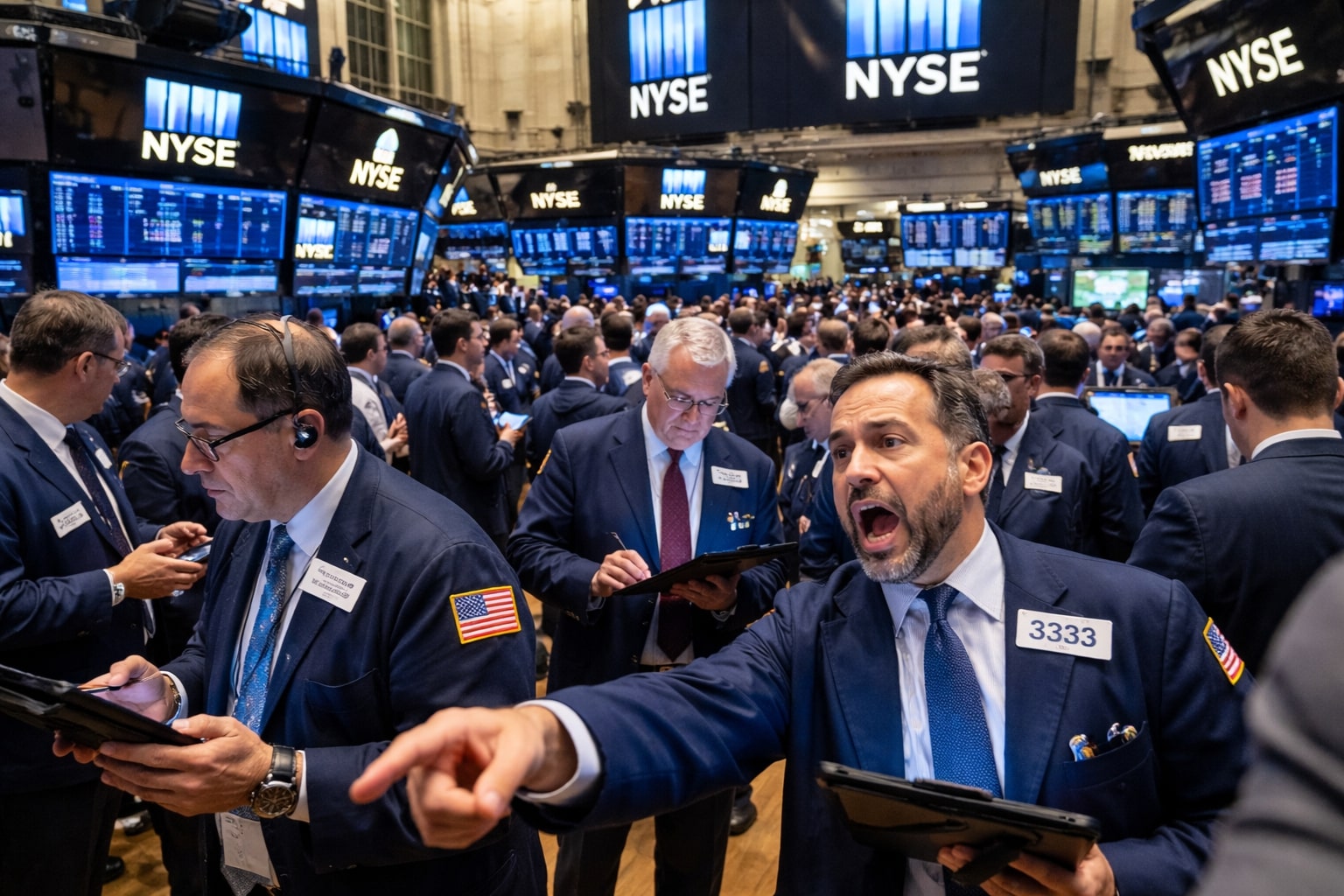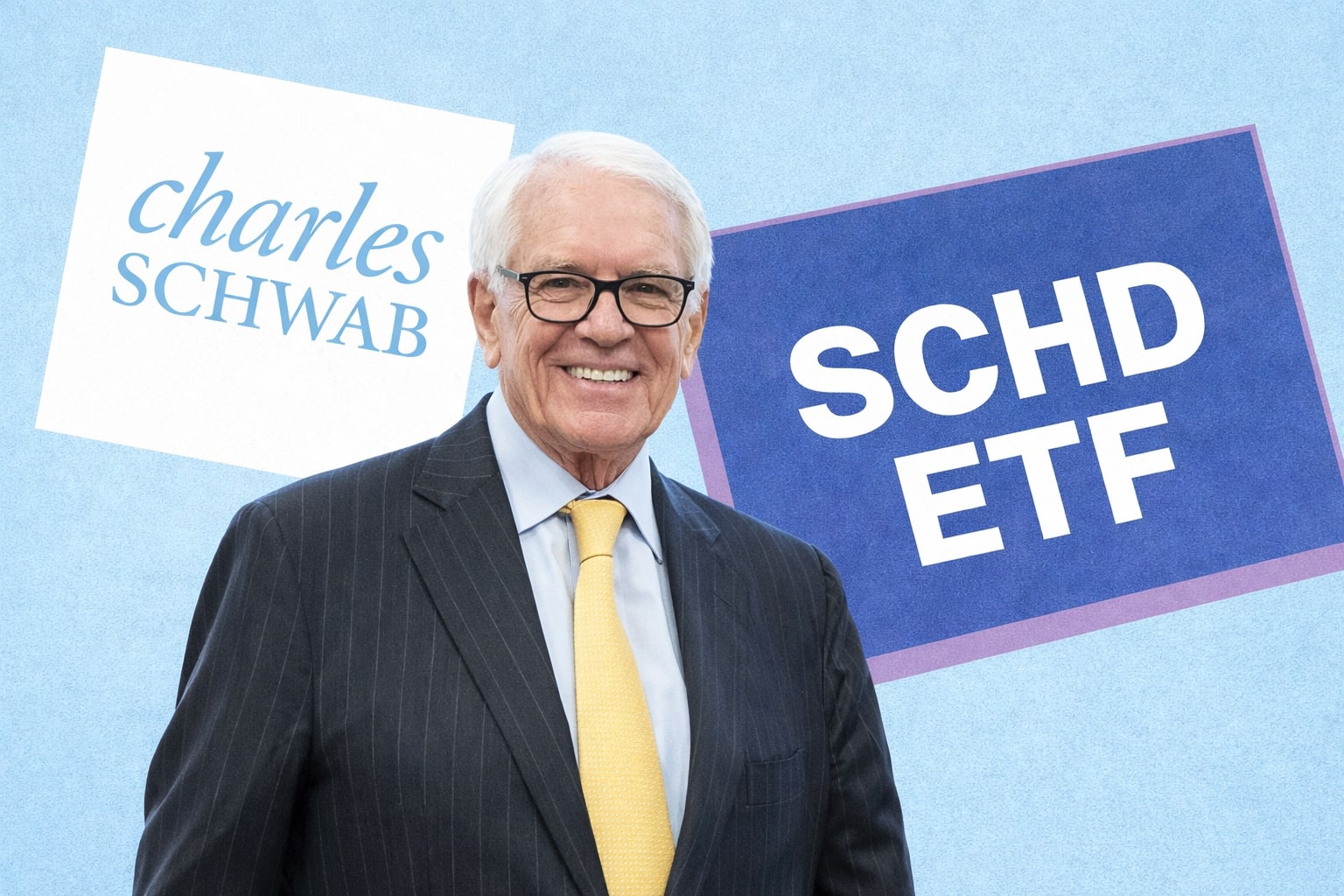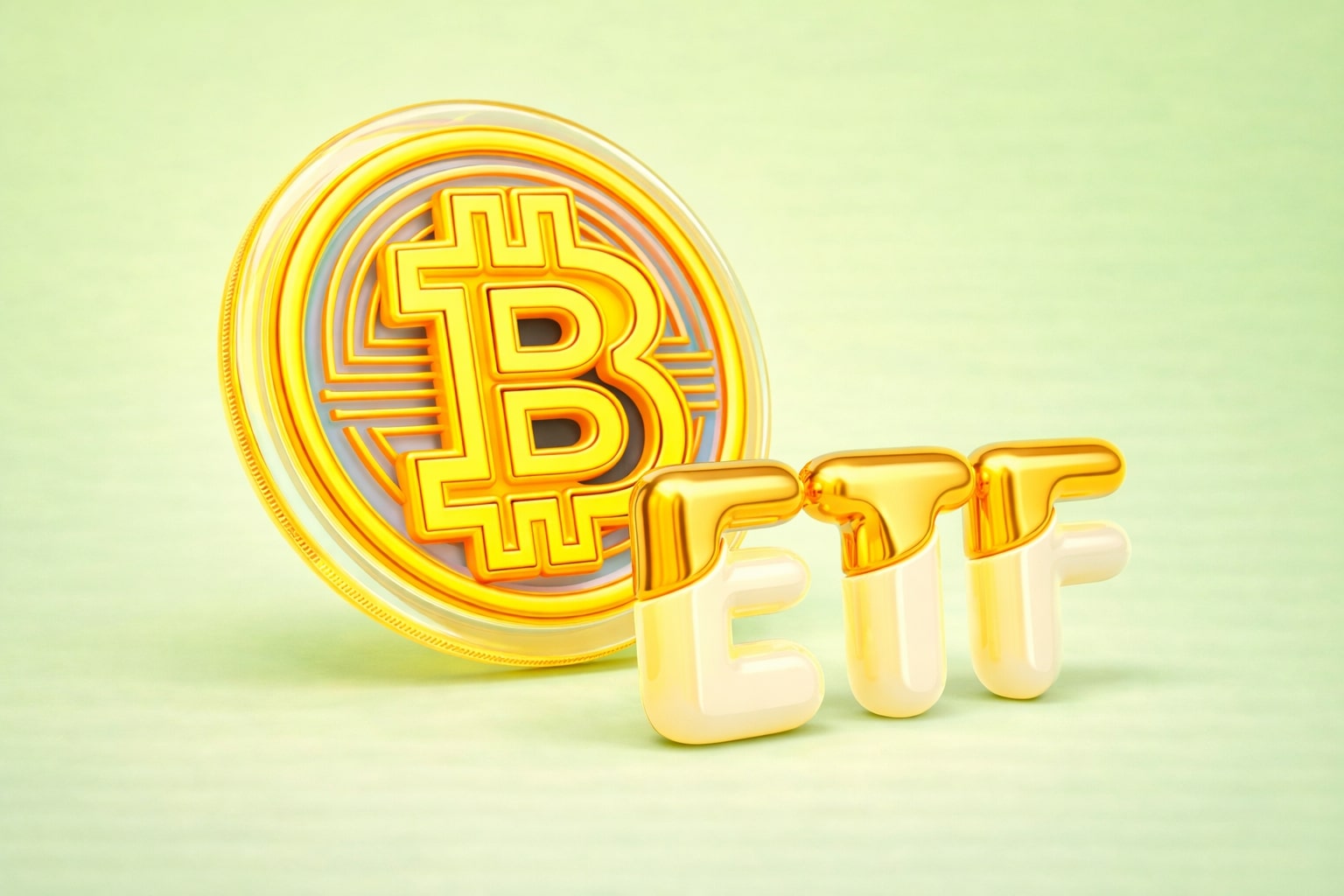
Fed's Key Rate Decision Amid US Recession Fears and Global Impact
Economists Debate Inflation and Recession Risks as Fed's Course Determines Fate of US Economy and Worldwide Financial Stability
The Federal Reserve's upcoming decision on interest rate hikes carries significant weight for the US economy, with some experts warning that the wrong move could lead to a recession. Inflation remains above the Fed's 2% target, and while unemployment levels are near record lows, a quarter-point increase is widely anticipated at this week's meeting. However, some believe this rate hike should be the last to avoid potential economic turmoil.
The labor market remains strong, with high demand for employees and steady wage increases. Inflation rates have improved from the peak of 9.1% in June 2022 to 5% in April. However, several warning signs of a potential economic slowdown are also emerging. Banks have become more hesitant to lend money, GDP growth has slowed, and leading economic indicators from The Conference Board suggest a possible recession.
Rate hikes have already exposed weaknesses in the banking system, with institutions like First Republic collapsing. Further increases could exacerbate these issues and lead to a full-blown crisis. Economists advise that the Fed should remain flexible in its approach, considering both growth and inflation data in future decisions.
As the US Federal Reserve prepares for an interest rate decision, markets in the Gulf region are watching closely. Saudi Arabia's benchmark index gained 0.2%, while Abu Dhabi's index dropped 0.3%. The US central bank has raised its policy rate by 475 basis points since March last year. The Gulf Cooperation Council countries, including Saudi Arabia, the United Arab Emirates, and Qatar, have their currencies pegged to the US dollar, making them susceptible to the impacts of US monetary policy.
The upcoming interest rate decisions from the Federal Reserve and the European Central Bank (ECB) will have significant implications for the global economy. Top economists and banks are warning of a potential recession in the US, with inflation still a major concern. The Fed's primary fear is that higher inflation could lead to an economic collapse, making the current period a challenging and complex one for both the US market and global markets.
Meanwhile, Indian refineries are benefiting from Europe's boycott of Russian oil, with the country enjoying lower prices and increasing distillate exports to Europe. In the US, President Biden is growing concerned about the approaching debt ceiling and the potential for insolvency due to political disputes in Congress.
In corporate news, Uber's first-quarter results exceeded expectations, with the number of active customers increasing by 13%. Pfizer's revenues surpassed expectations despite a 75% drop in sales of COVID-19 products. Apple is expected to report on iPhone sales recovery in its upcoming quarterly report. Shares of BP are falling after the company slowed share buybacks, while HSBC shares are soaring following better-than-expected first-quarter earnings and a planned $2 billion share buyback after the annual general meeting.
Read More
-
AMLP ETF (NYSEARCA:AMLP): 8.29% Yield From America’s Midstream Toll Roads
06.01.2026 · TradingNEWS ArchiveStocks
-
XRP ETF Inflows Lift XRPI to $13.12 and XRPR to $18.57 as XRP-USD Price Targets $2.40+
06.01.2026 · TradingNEWS ArchiveCrypto
-
Natural Gas Price Forecast - NG=F Breaks Down as Henry Hub Spot Hits $2.86 and NG=F Slips Toward $3.00
06.01.2026 · TradingNEWS ArchiveCommodities
-
USD/JPY Price Forecast - USDJPY=X Holds 156.70 While Markets Weigh Softer NFP Risk Against a Hawkish BoJ
06.01.2026 · TradingNEWS ArchiveForex


















